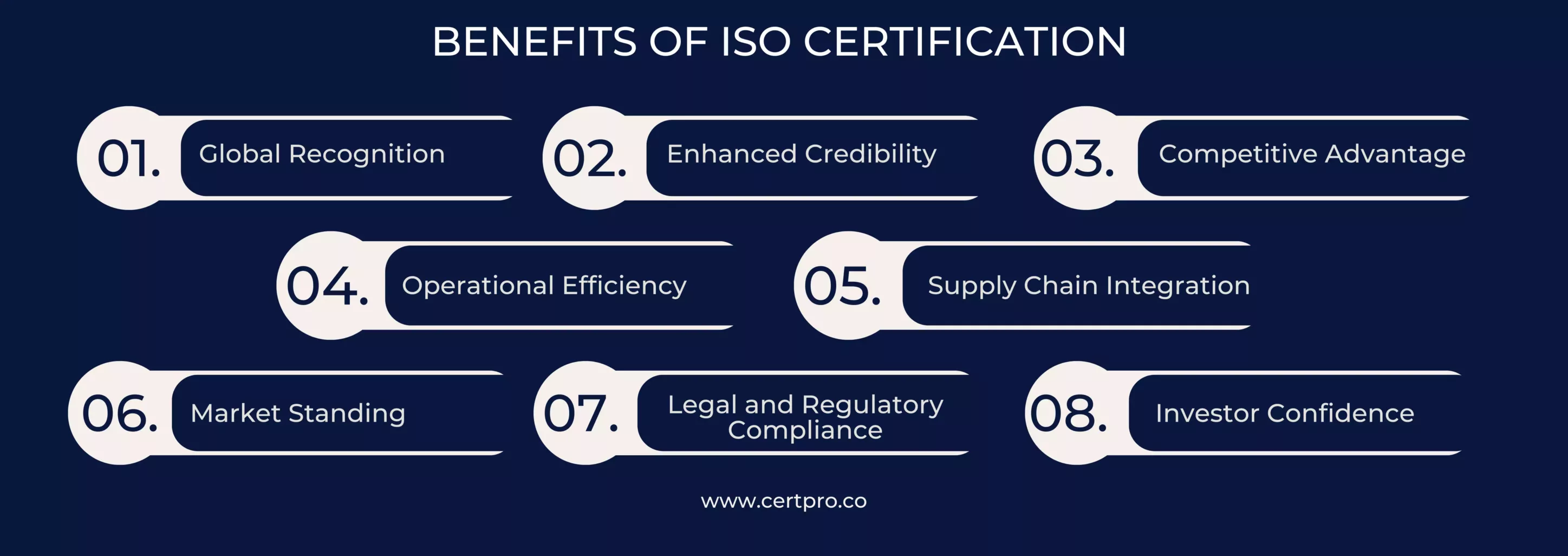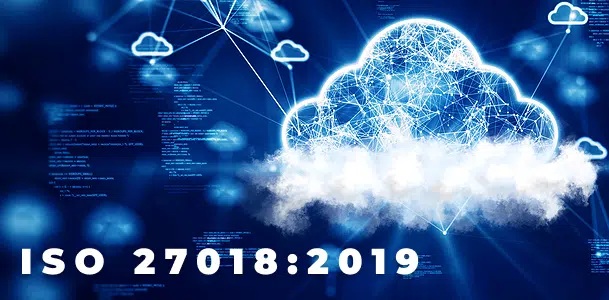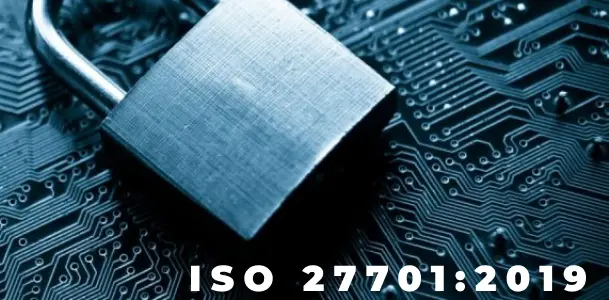australia
ISO certification in australia
Australia, officially known as the Commonwealth of Australia, is a large and diversified country that necessitates ISO certification in order to comply with international standards. The nation is made up of Tasmania, several smaller islands, and the Australian mainland. Australia’s largest city is Sydney, and its capital is Canberra. As a result, major cities like Melbourne, Brisbane, Perth, and Adelaide frequently require ISO consultants and ISO certification.
Australia is the sixth-largest country in the world, and its strategic priorities—which include huge military spending—and economic strength make ISO certification essential there. The country’s low poverty rate, market economy, and high GDP make it the 14th largest economy in the world. Interestingly, Australia topped the list for the highest average wealth in the world from 2013 to 2018, when it was ranked second in the world’s wealth rankings, after Switzerland.
Australia is a country that thrives in the Asia-Pacific area and has had continuous economic growth for more than 20 years. This highlights the significance of ISO certification in Australia. It is a desirable place to invest because of its global competitiveness in technology, high-value items, insurance, and financial services. Important industries like mining and agriculture strengthen Australia’s position, demonstrating a commitment to reaching international standards through ISO certification in Australia.
WHY ISO CERTIFICATION IN AUSTRALIA?
Obtaining ISO certification is essential for Australian firms to maximize operational efficiency, establish a reputation, and guarantee excellent quality. Certification by ISO indicates a strong commitment to upholding high standards in various industries, highlighting a dedication to quality. Notably, by emphasizing quality management and enabling the development of trustworthy and customer-focused goods and services, the ISO 9001 certification significantly contributes to the empowerment of Australian businesses.
The ISO 14001 certification is also noteworthy since it deals with environmental management, which is crucial for a country that is dedicated to sustainable development in the face of fast industrial growth. As technology advances in Australia, ISO certification—specifically, ISO 27001—becomes more crucial for protecting confidential data in the changing digital environment.
These certifications are especially significant in the diversified Australian market since they boost consumer confidence and give businesses a competitive advantage in the global marketplace. ISO certification is a mark of strict standards compliance, which leads to less waste and increased product reliability. Moreover, it optimizes procedures, augmenting efficiency and diminishing running expenses.
In Australia, there are many ISO certification bodies that help firms successfully traverse the certification process by providing evaluation, advice, and certification services. Essentially, by promoting quality, sustainability, and security, ISO certification in Australia enables businesses to build strong frameworks, conform to global best practices, and promote the country.
UNDERSTANDING ISO CERTIFICATION IN AUSTRALIA
The ISO 9001 accreditation demonstrates that an Australian company is committed to providing dependable and outstanding goods and services. With regard to environmental responsibility, the ISO 14001 standard is in line with Australia’s dedication to sustainable industrial development. Safeguarding sensitive data is the main focus of ISO 27001, which is especially relevant to Australia’s continuous digital transformation path. The ISO certification greatly benefits the diversified Australian market by boosting consumer confidence and empowering firms to compete on a global scale.
Related Links
SOC 2 in Australia
ISO 27701 in Australia
GDPR in Australia
ISO 27018 in Australia
HIPAA in Australia
CCPA in Australia
PIPEDA in Australia
ISO 17025 in Australia
ISO 13485 in Australia
CE Mark in Australia
GDP in Australia
GLP in Australia
ISO 9001 in Australia
ISO 14001 in Australia
ISO 45001 in Australia
ISO 22000 in Australia
HACCP in Australia
ISO 22301 in Australia
ISO 21001 in Australia
ISO 41001 in Australia
ISO 20000-1 in Australia
Beyond demonstrating compliance with strict standards, ISO certification improves product reliability through process simplification, waste reduction, and inefficiency elimination. In essence, Australia’s ISO certification gives companies the ability to build strong frameworks that adhere to global best practices. Businesses that put quality, sustainability, and security first not only boost their own profits but also help Australia’s standing internationally. The International Organization for Standardization (ISO) formally recognizes ISO certification as proof that a company’s management system, procedures, goods, or services fulfill predetermined standards. ISO is a worldwide recognized, independent organization that establishes standards to guarantee quality, safety, and effectiveness in a variety of industries. Because ISO standards are widely accepted, Australian businesses can confidently access global markets. Businesses with ISO certification frequently have a competitive edge by showcasing their dedication to quality and ongoing development. Australia’s emphasis on sustainability aligns with ISO 14001 certification, which covers environmental management. Customer requirements are often given priority in ISO standards, which improves retention and satisfaction. For Australian suppliers participating in international supply chains, ISO certification is very important. Continuous improvement is a key component of ISO certification and helps Australian businesses stay competitive by streamlining operations. In the end, ISO certification builds a business’s trust with partners and customers by demonstrating adherence to international quality standards.

THE FOLLOWING ARE ESSENTIAL STEPS IN AUSTRALIA’S ISO CERTIFICATION PROCESS:
Preparation and Awareness: The first step is to understand the specific ISO standard that applies to your sector and business goals. Learn the specifications, benefits, and methods for putting the standard into practice.
Planning: A comprehensive plan should include the steps you need to take to align your processes with the ISO standard. Assign responsibilities and create an implementation schedule.
Documentation: To make sure they satisfy the requirements of the ISO standard, create or update the relevant paperwork, such as policies, processes, work instructions, and records.
Implementation: Execute the protocols and workflows that have been formally documented across your company. Make the required adjustments and keep a careful eye on things to ensure proper implementation.
Internal Audit: To determine whether the adopted processes are effective and to find any non-conformities, conduct an internal audit. Take care of these problems and implement the required changes.
Management Review: Conduct a management review to evaluate the effectiveness, progress, and applicability of the ISO management system implementation. See if anything needs to be improved or changed.
Certification Body Selection: To conduct the external audit, pick a reputable certifying body. The certifying organization will review your documentation, processes, and implementation to assess your readiness for certification.
Stage 1 Audit (Document Review): The first thing the certification body does is look over your processes and documentation to make sure they meet ISO standards.
Stage 2 Audit (On-Site Audit): The certifying agency conducts an on-site audit to verify the execution of your ISO management system. They evaluate the degree to which your procedures meet the requirements of the standard.
Certification Decision: Based on the audit findings, the certifying authority determines whether to issue certification. If your organization meets the standard’s standards, you’ll receive an ISO certificate.
Surveillance Audits: Periodically, the certification body carries out surveillance audits to confirm that the ISO standard is still being followed. Usually, these audits happen once a year.
Following the guidelines set forth by your selected certification body and collaborating closely with them are essential to the process.
POPULAR ISO STANDARDS IN AUSTRALIA
Various industries in Australia have widely adopted many ISO standards, raising the bar for efficiency, quality, and safety. Notably, ISO 9001:2015 occupies a key place, focusing on quality management systems to guarantee the dependability and consistency of goods and services. Australian commitment to sustainability is reflected in ISO 14001:2015, which covers environmental management systems and promotes ethical behavior in the face of the nation’s continued industrial development.
ISO 27001:2013 has gained significance for data security in light of the country’s digital transformation. In line with Australia’s aspirations for digital security, this standard helps enterprises safeguard sensitive data. The automobile industry relies on ISO 26262 to guarantee the functional safety of electrical and electronic systems, which is a vital component in improving road safety.
Additionally, in keeping with Australia’s emphasis on worker well-being, ISO 45001:2018 places a strong emphasis on occupational health and safety. ISO 22000:2018 covers food safety management systems in the food business, playing a crucial role in safeguarding consumers. Energy management is covered in ISO 50001:2018, which is in line with Australia’s dedication to sustainable energy policies.
To sum up, these ISO standards are critical to boosting industry standards and helping Australian businesses acquire international recognition since they align with Australia’s technological breakthroughs, regulatory requirements, and developmental aims.
BENEFITS OF ISO CERTIFICATION IN AUSTRALIA
ISO Certification in Australia is essential for guaranteeing that goods and services fulfill international quality standards, which improves client satisfaction and gives companies a competitive advantage. Additionally, following ISO standards guarantees that procedures are implemented correctly, lowering the possibility of business failure. The ISO certification process can greatly benefit Australian businesses by promoting development, credibility, and operational excellence.
First off, an ISO certification strengthens a business’s standing in the marketplace by demonstrating its adherence to global standards, which gives clients more faith in the organization. Increased client loyalty and retention result from this enhanced credibility.
Moreover, ISO certification in Australia lowers trade obstacles, streamlines trade access, and creates a benchmark for quality that makes it easier to enter international markets. This especially benefits Australian companies looking to grow globally and take advantage of business prospects. Furthermore, Australian companies with an ISO certification have a commercial advantage over their rivals. The certification demonstrates their commitment to quality, efficiency, and ongoing progress, which makes them stand out and draws in potential clients and business partners.
- Global Recognition:The global recognition of ISO certification proves to be a valuable asset for Australian businesses, streamlining international trade and opening up new avenues for market expansion.
- Enhanced Credibility: It boosts the reputation and trust of investors, partners, and clients both locally and globally.
- Competitive Advantage: Businesses that have earned their ISO certification demonstrate their commitment to quality and excellence, giving them an advantage over competitors.
- Operational Efficiency: Enhanced overall operational effectiveness is a result of process improvements.
- Supply Chain Integration: Working with overseas partners becomes possible because many global supply networks require ISO accreditation.
- Market standing: ISO certification enhances a company’s reputation in the marketplace, attracting more customers and business prospects.
- Legal and Regulatory Compliance: An ISO certification facilitates compliance with local, state, federal, and international laws.
- Investor Confidence: It boosts investor confidence by showcasing a dedication to best practices.
ISO certification in Australia gives businesses the ability to prosper in a cutthroat environment, build credibility when entering international markets, maintain moral and sustainable business practices, and continuously enhance their operations for long-term, steady success.

ISO CERTIFICATION BODIES IN AUSTRALIA
Many Australian organizations are prioritizing ISO 27001 certification for safeguarding their information assets in the digital landscape. The country hosts prestigious organizations providing excellent certification and consulting services, offering comprehensive solutions for creating and maintaining ISO-compliant Information Security Management Systems (ISMS). Opting for ISO 27001 certification showcases a commitment to data security, enhancing customer trust, and gaining a competitive edge. The upcoming list explores the best ISO 27001 certification companies in Australia, focusing on their expertise, customer care, and dedication to guiding businesses through the certification process.
1. CyberSapiens: Australia’s leading ISO 27001 certification provider, CyberSapiens, offers efficient and affordable certification services across industries. With a dedicated team of cybersecurity professionals, they ensure organizations pass certification tests swiftly. Benefits include enhanced information security, compliance with legal requirements, increased customer trust, a competitive edge in the marketplace, and cost savings through the identification and mitigation of information security risks. Choosing CyberSapiens for ISO 27001 certification is advantageous for businesses seeking robust information security measures.
2. BSI Group Australia: Australia-based BSI Group is a globally recognized standards and certification company, specializing in ISO 27001 certification and consulting services. They assist businesses in establishing effective Information Security Management Systems (ISMS) through rigorous evaluations by trained auditors. It is advisable to refer to official sources or directly engage with BSI Group for the latest information, emphasizing the importance of understanding the certifying body’s specialization and accreditation scope for organizations seeking certification.
3. SAI Global: As a prominent provider of risk management solutions, SAI Global extends ISO 27001 certification services in Australia. Renowned for its reliability, SAI Global has positioned itself as a trusted partner for businesses seeking ISO 27001 certification, thanks to its extensive presence in the field. For the most current information, it is advisable to consult official sources, directly engage with SAI Global, or refer to accreditation bodies. Recognizing the certifying body’s specialization and accreditation scope is crucial for organizations pursuing certification.
4. Bureau Veritas Certification: Bureau Veritas Certification is a significant player in Australia’s ISO 27001 certification market, leveraging knowledge and experience as part of the globally recognized Bureau Veritas Group. Their ISO 27001 consulting services aim to support companies through all stages of the certification process. For the most current information, it is advisable to consult official sources, directly engage with Bureau Veritas Certification, or refer to accreditation bodies, emphasizing the importance of understanding the certifying body’s specialization and accreditation scope for organizations seeking certification.
5. Ernst & Young Australia: Ernst & Young (EY) is a respected company in Australia known for offering high-quality ISO 27001 certification and consulting services. Recognized among the top ISO 27001 certification service providers in the country, EY’s reputation is built on a robust structural design and a commitment to delivering quality outcomes. For the most current information, it is advisable to consult official sources, directly engage with Ernst & Young, or refer to accreditation bodies, highlighting the importance of understanding the certifying body’s specialization and accreditation scope for organizations seeking certification.
INDUSTRIES THAT BENEFIT FROM ISO CERTIFICATION IN AUSTRALIA
Australian companies are beginning to understand how important ISO certification is to their success and how it may lead to a host of advantages that have a big impact on the nation’s many industries. These certificates represent a deep commitment to quality, security, and sustainability; they are more than just symbols. The manufacturing sector is propelled towards increased operational efficiency and improved product quality through ISO 9001 accreditation, which promotes a continuous improvement mindset. In addition to improving customer satisfaction, the outcome gives firms a stronger foundation in highly competitive marketplaces where dependability is crucial.
In the modern world, when data is more valuable than ever, ISO 27001 certification becomes essential for the IT industry. It strengthens risk management and data security procedures, acting as a barrier. In addition to allowing the industry to take advantage of Australia’s technical innovations, this also protects sensitive data, which is essential for gaining the trust of clients and guaranteeing overall business success. Similarly, ISO/TS 16949 standards are essential to the automotive sector since they guarantee safe and dependable automobiles. This strengthens Australia’s position as a leading manufacturer of luxury cars in the world, according to strict quality standards and regulations.
Beyond industry-specific impacts, these certifications reverberate through society, enhancing construction practices to be more ecologically friendly and sustainable. Moreover, they contribute to a greener, healthier, and more prosperous Australia by elevating healthcare standards, improving educational institutions, and disseminating eco-friendly methodologies across various sectors. In this context, seeking guidance from ISO consultants in Australia becomes imperative, particularly for specialized certifications such as ISO 27001 certification in Australia, SOC 2 certification in Australia, GDPR certification in Australia, and HIPAA certification in Australia. Their expertise ensures a seamless integration of these standards, bolstering businesses and industries alike in their pursuit of excellence and compliance.
FAQ
What is ISO certification, and why is it important in Australia?
ISO certification in Australia signifies adherence to international standards, essential for operational efficiency, quality assurance, and global market trust across diverse industries.
How can a company in Australia obtain ISO certification?
To achieve ISO certification in Australia, companies must undergo processes such as certification preparation, application of ISO standards, internal audits, selection of a certification body, and external audits.
What are the essential steps in the ISO certification process in Australia?
The ISO certification process in Australia involves preparation, planning, documentation, implementation, internal audit, management review, certification body selection, document review, on-site audit, certification decision, and surveillance audits.
Why is ISO 27001 certification crucial for the IT industry in Australia?
ISO 27001 certification in Australia is essential for the IT sector to strengthen risk management and data security procedures, safeguard sensitive data, and ensure business success.
How do ISO certifications contribute to sustainability in Australia?
ISO certifications in Australia enhance construction techniques, make industries more environmentally friendly, and contribute to a greener, healthier, and more prosperous Australia by elevating standards in healthcare and education.
HOW DOES THE NIST CYBERSECURITY FRAMEWORK FUNCTION, AND WHY IS IT IMPORTANT?
Emerging cyber threats make cybersecurity an essential consideration for organizations handling and managing data. In this regard, the NIST cybersecurity framework applies to improving your cybersecurity program. It is a set of guidelines that helps improve your...
AI Audit Guidelines and Best Practices: Applying AI Towards Its Full Potential
Artificial Intelligence is entering different industries, where it is used for customer handling, data management, and documentation processes. The interference of AI is increasing concerns regarding ethical practice and safety. Therefore, AI audits have become more...
AUDIT LOG: INFORMATION SECURITY BEST PRACTICES FOR BUSINESSES
An audit log is the best information security practice for organizations. This article elaborates on the operational process of audit logs and how companies utilize them for business growth. What is an audit log, and how does it work for organizations? For more...












